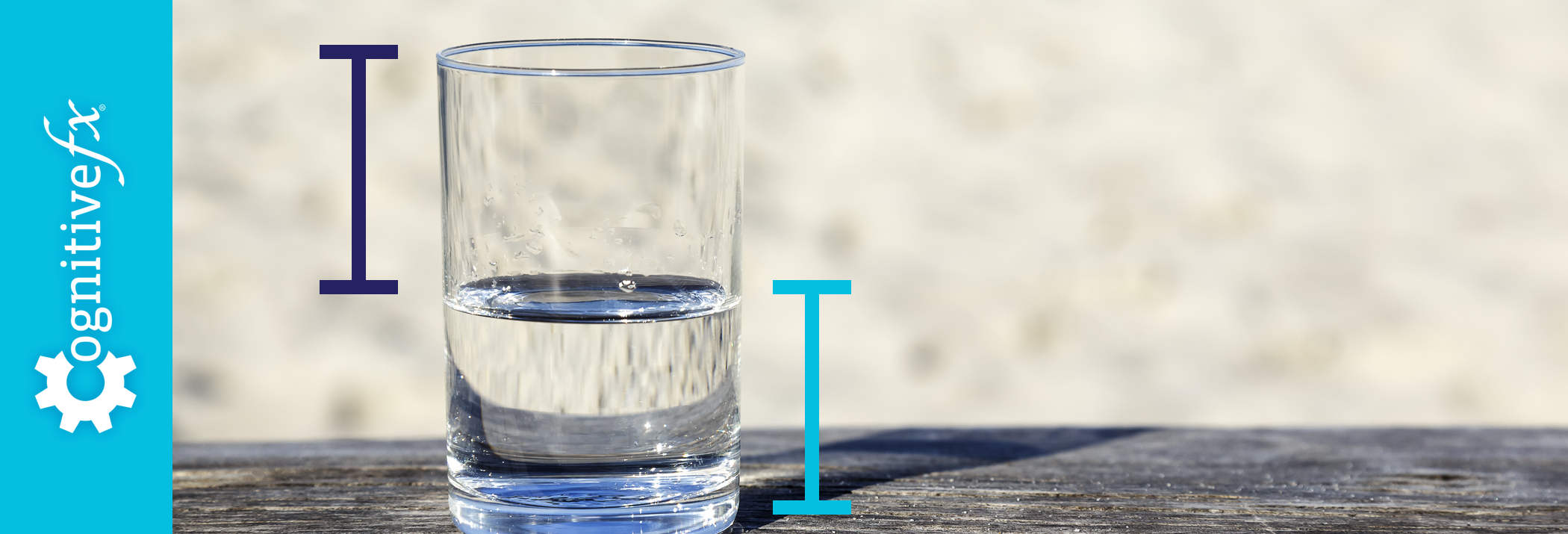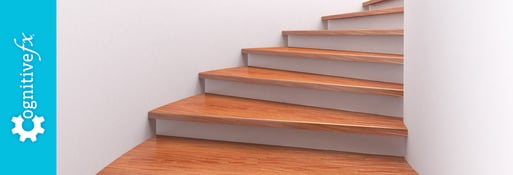Everything Changed After My Brain Injury
Past patient, Anna Empey shares her experiences in a series of blog posts including "10 Things I Wish I had known Before my Brain Injury", "Journaling Through Recovery" and here in this post.
I lived with post-concussion symptoms, from two separate brain injuries, for almost five years. It was one of the hardest periods in my life, trying to make it through each day, dealing with the migraines, and fighting to live a somewhat typical life.
My second injury, which was about three years into recovering from the first injury, had pretty intense impacts on my life. I pretty much quit everything I was doing. I had to keep my job and focus on working 40 hours a week, dealing with constant exhaustion and fatigue. I started avoiding crowds and people in my daily life, and, eventually, I stopped communicating much with anyone because finding words was hard. I also lived with light and sound sensitivity along with short and long-term memory problems. At this point, it was hard to see the glass half full, and I pretty much lived like my glass was half empty.
Even before my second injury, I began to believe I was stupid and incapable of doing things. I emotionally shut down and dealt with a lot of anger and frustration, which I mostly directed at myself. Overtime, my confidence started to disappear, and I began to believe that I would never be able to have a life worth living.
Changing My Perspective About Recovery
I came for EPIC Treatment at Cognitive FX almost a full year after my second injury. When I had my consult, I was very skeptical that I could be helped or that I could improve, especially in a week. I had tried many different therapies and had very little improvement. These therapies included standard physical therapy and other standard therapy modalities that Cognitive FX approaches in a whole new way.
When I came for the week, I was surprised because, by the end of the week, I was starting to smile again, I was starting to have a little more energy, and I was so excited about the future. When I got my second fNCI scan at the end of the week, I was blown away by my improvement. Not only did I get better, but I was back in the healthy range on the Severity Index Score, which seemed impossible starting from a 2.71. After Treatment, for the most part, my symptoms were either gone or barely there, with headaches still lingering around a two on a scale of 1-10.
I went back into my life with a new perspective, the glass is half full. I could do hard things, and I could begin to trust my brain again. Then real life hit me in the face. Nevertheless, to my surprise, I was working at a faster pace than usual, I was accomplishing more, and I was starting to have more of a life again; but I could not go at that level forever. I forgot to take care of some basic self-care needs, and some of my previous symptoms spiked.
Finding Power in Perspective After Treatment
After working myself much harder than usual, I crashed, and my headaches spiked up into the 7-8 range for the first time in a month and a half. I started to get emotional and scared, and I started to believe that EPIC Treatment did not work. I started to emotionally spiral down, thinking that I would go back to my life before Treatment—and then I remembered a few things:
- I had not been getting enough sleep, and I had been skipping at-home exercises, including doing my stretches, taking breaks, drinking enough water, and eating on a regular basis.
- The high level I had been performing at during work, and all I had been accomplishing in my life, had not been possible for a very long time. Realizing this helped me see that I was adjusting to a new normal, one better than I’d ever experienced with a TBI, even when my new normal included a few bad days every once in awhile.
- In my final report of findings, the doctor explained to me that the impact of my brain injury would not come back in full force out of the healthy range unless I was injured again.
- Maybe I would never be the exact same person I was before my injuries, because I had been through something traumatic and helped me learn and grow in new ways, and maybe that was ok.
It was at this point where I realized that everyone has limitations, even those who don’t have a brain injury: my siblings, my friends, my co-workers, everyone.
Changing My Perspective of Comparison
One day, about a year after Treatment, my sister teasingly pointed out to me that I wasn’t that same person I was before. I replied to her that she wasn’t either, so she should stop “picking on me.” It was then that I realized that she was not the same person she was six months ago, so why was I holding my old self from five years ago on a very high pedestal? It is a celebration for other people to learn and grow, but I did not celebrate my learning and growing.
Right then and there, I promised myself to stop holding my past self against me. I chose to never compare myself to who I was before my injury ever again. This shift in perspective has been the difference I needed to recover and to continue to have a life I want.
I learned that comparing myself to my old self was detrimental to my ability to progress and have power in my life right now. The more I compared myself to my past self, the less I could see where I had made progress. Through this comparison, it was impossible to see how I had overcome the impossible.
Living with a Focus on the Present
Now, I still have my bad days, and I have good days too.There are a few things I do to help me make my bad days shorter. I look at my before and after scans, read back through old journals, or take a conscious break. Sometimes I take a walk, sometimes I listen to brain waves, and sometimes I focus on where I am in the present, right now.
At this point, sometimes I forget how much I have been through and how my bad days now are really not that bad at all compared to how they were before Treatment. It is through this new perspective that I am able to let go of the past, along with things that hold me back, bringing me to a new space to be and act where I am right now.
Now I mostly compare myself to who I was six months ago, and very rarely do I look farther back than that. Typically, I look back once a year when I celebrate the week I finished EPIC Treatment at Cognitive FX. Every time I look back, I realize just how far I have come and what I have accomplished. If I had known what I would accomplish and be capable of achieving since I finished Treatment, even on my last day, I would not have believed it was possible.
Changing my perspective about myself and what I am capable of has been very empowering in my recovery. It is what drives me to reach new heights each day. This perspective and reflection reminds me that I can do this. I can have my life, and I can enjoy my life. I can take what happened to me and use it to build me up. My injuries are worth it, and they are what have brought me to be a whole new me: a me that I am pretty thankful I get to be. The majority of the time I see the glass half full, and sometimes it is overflowing.






